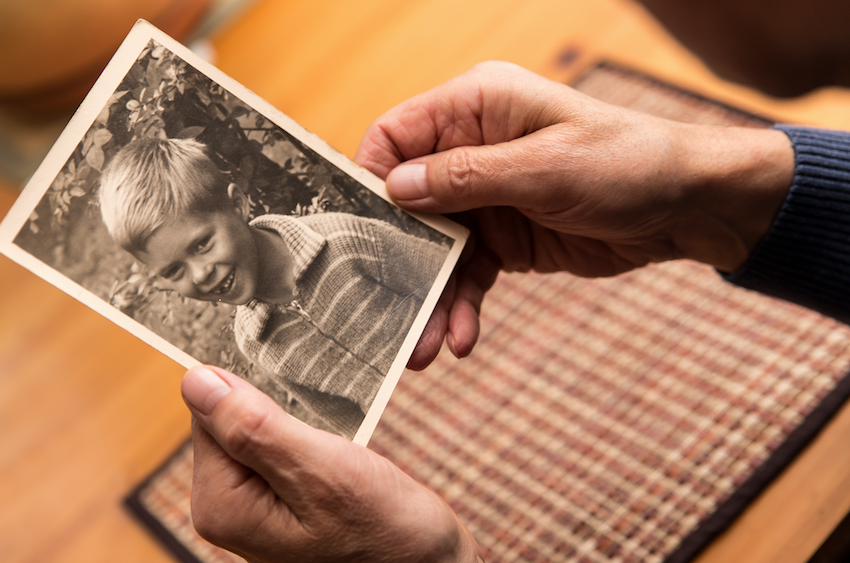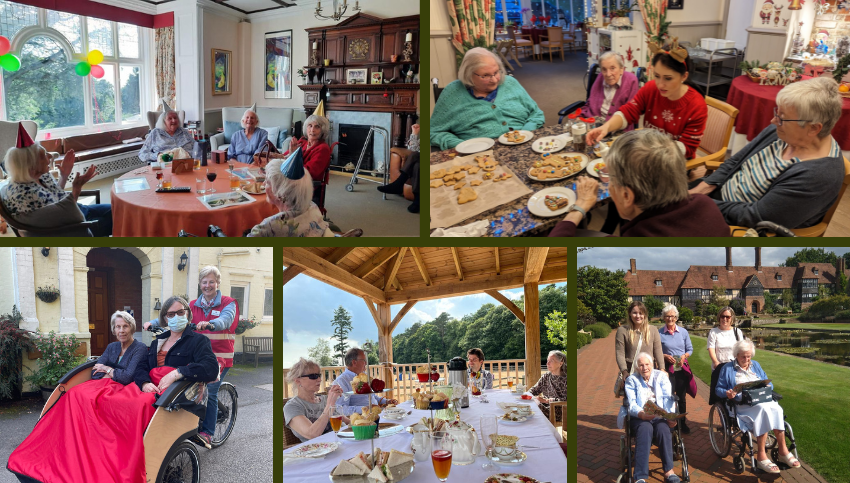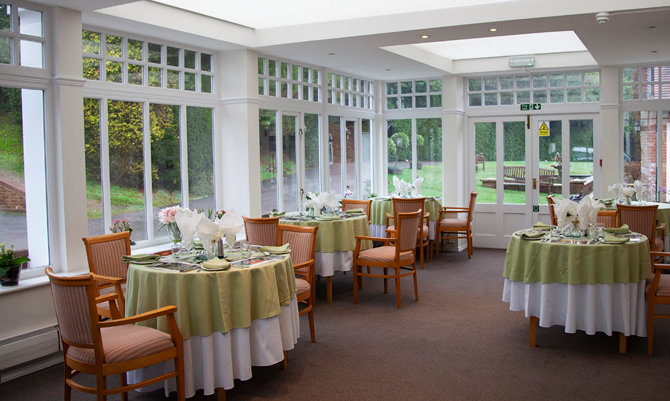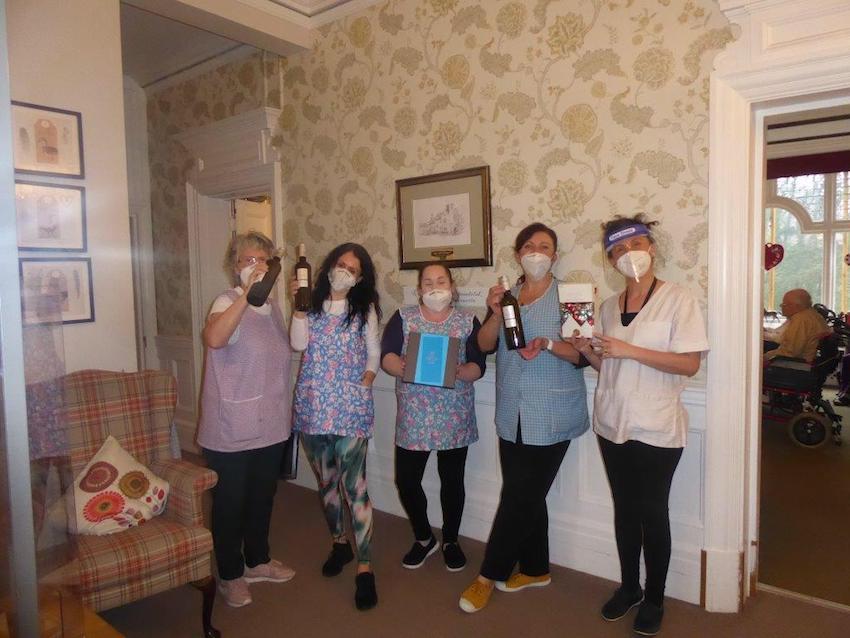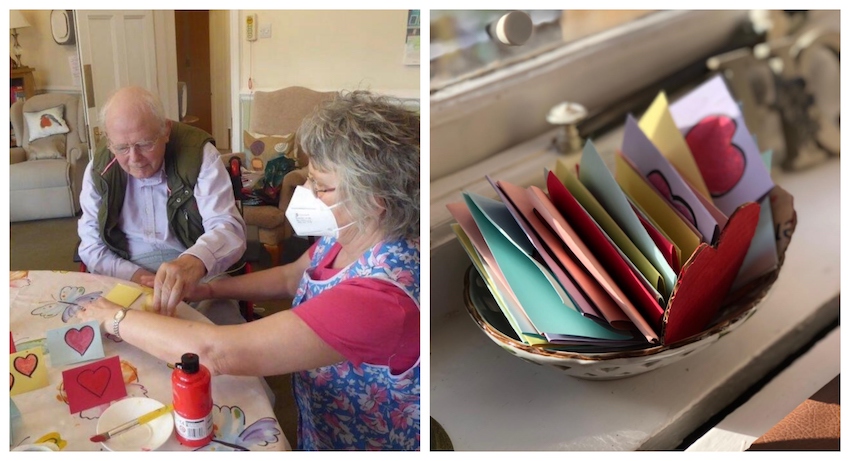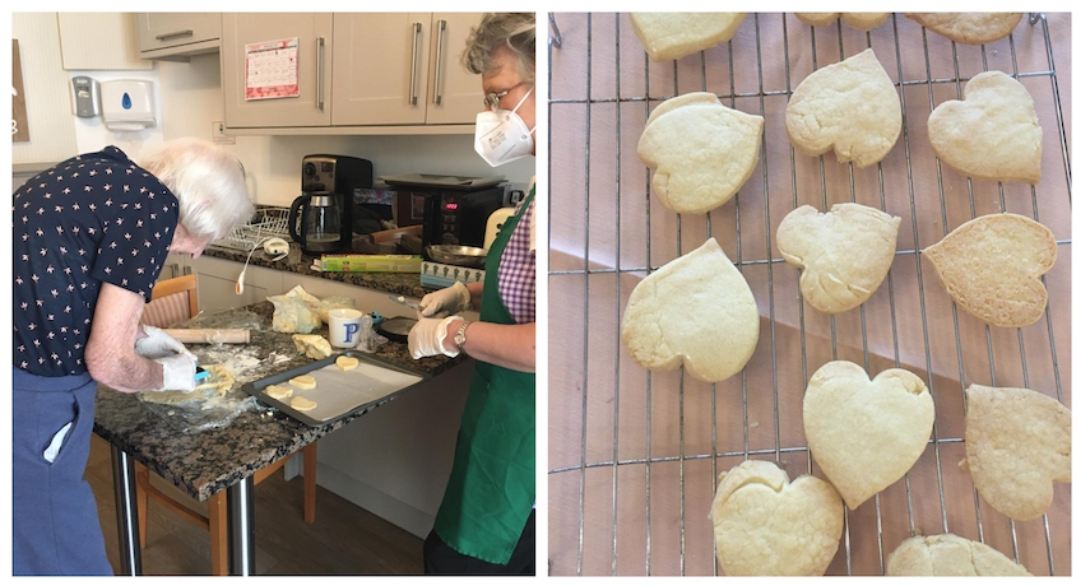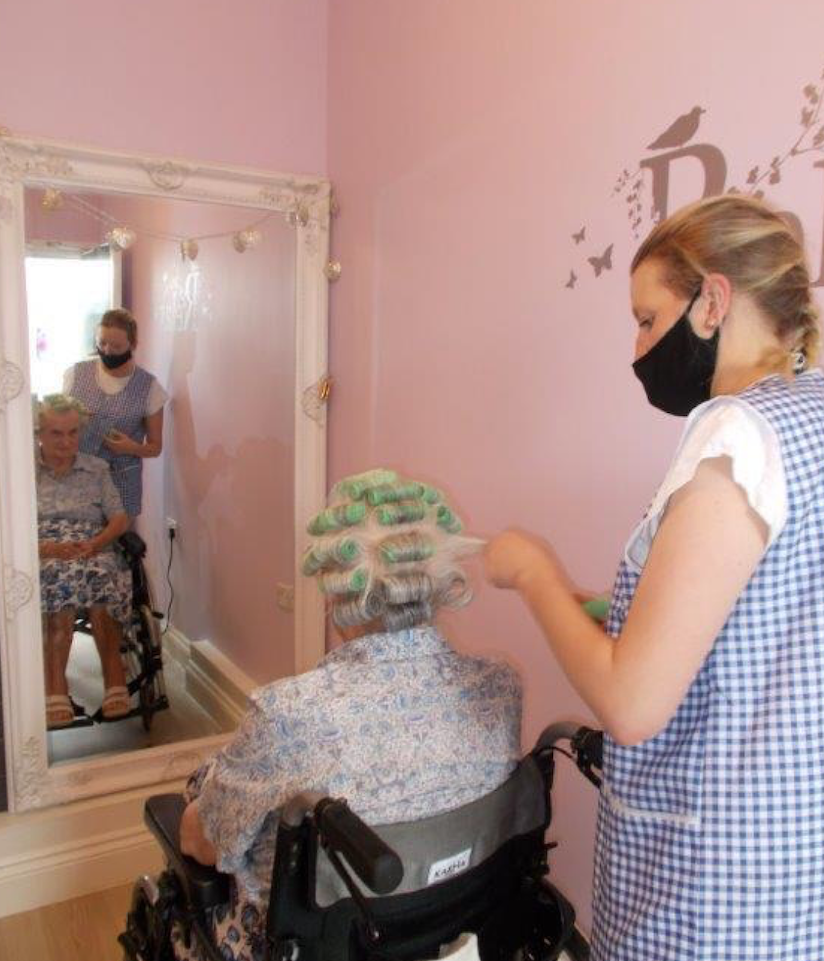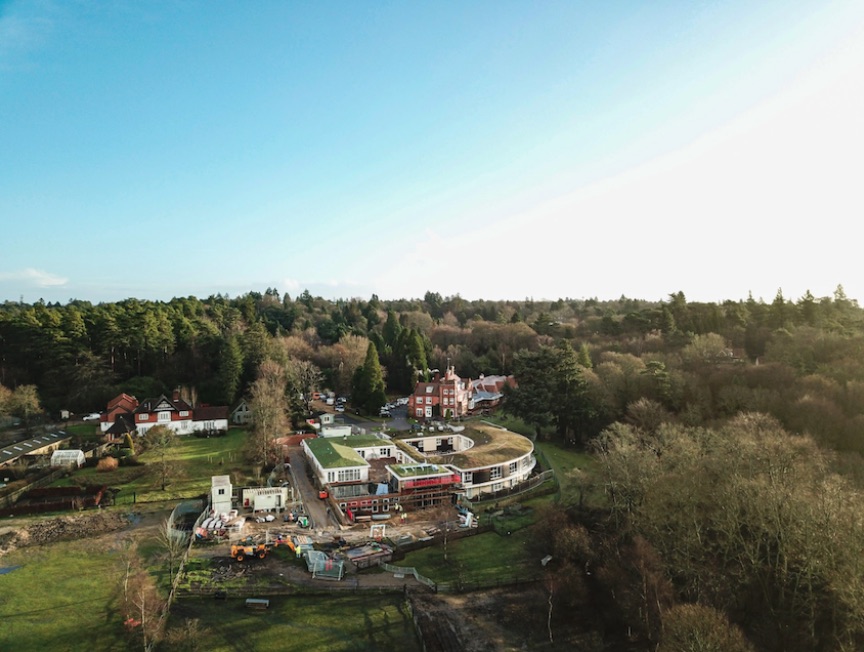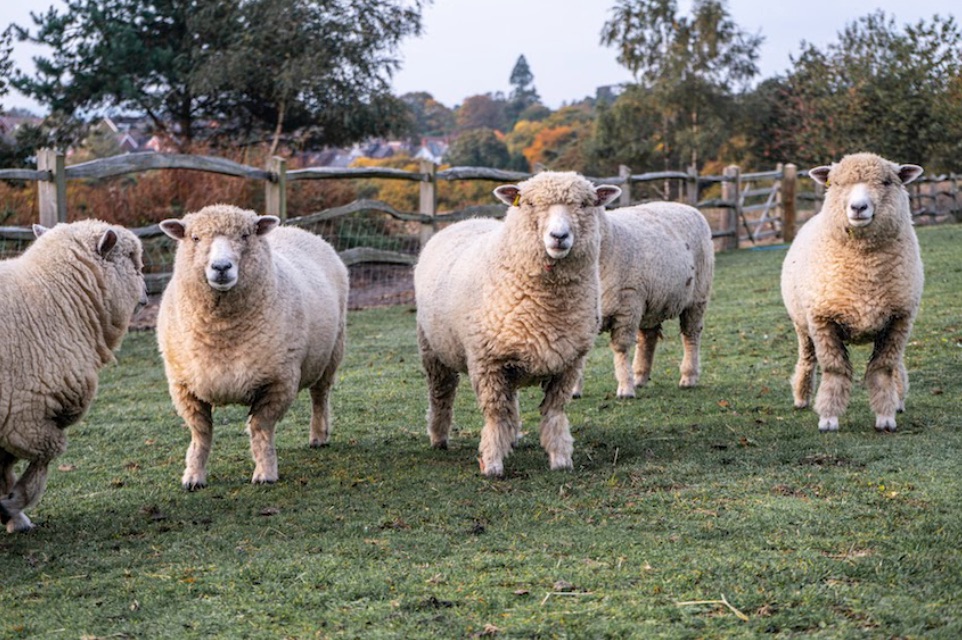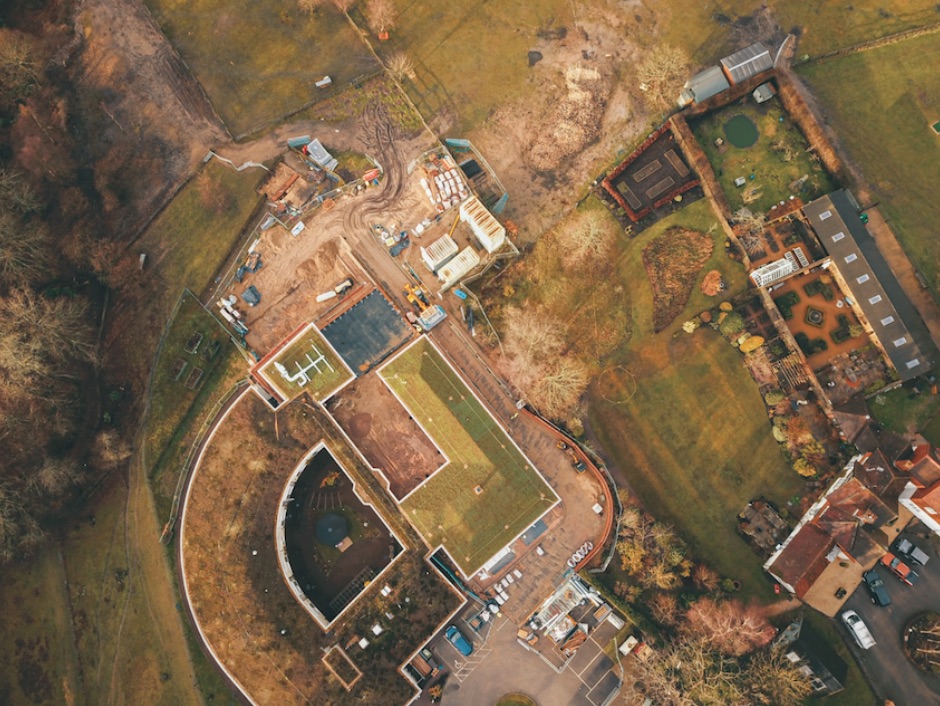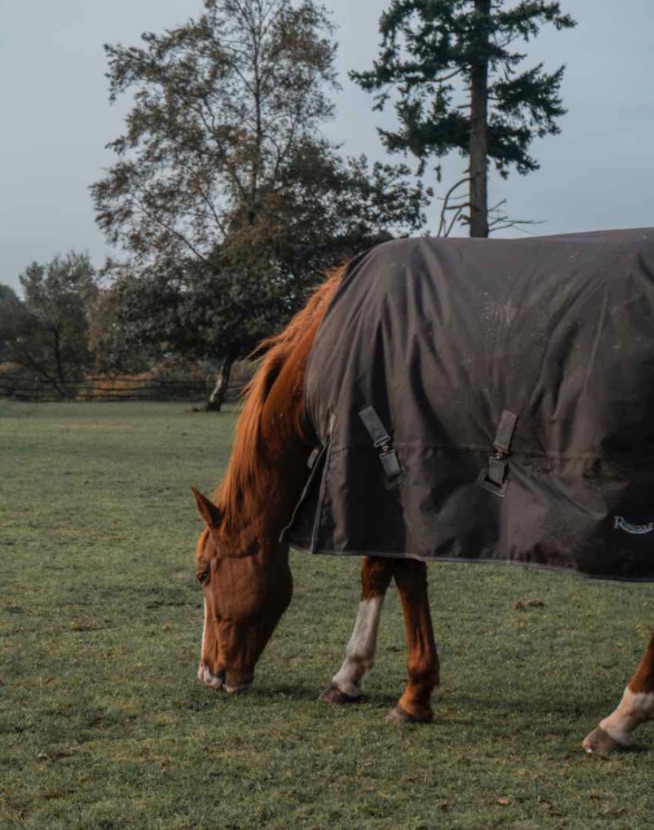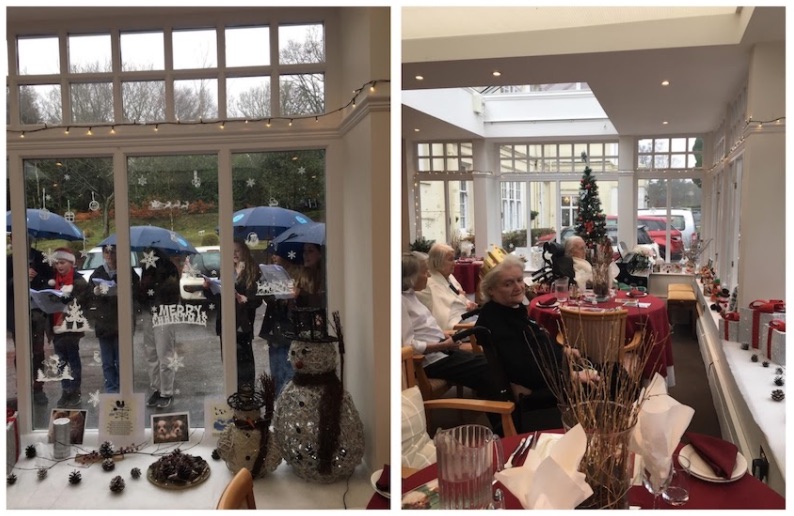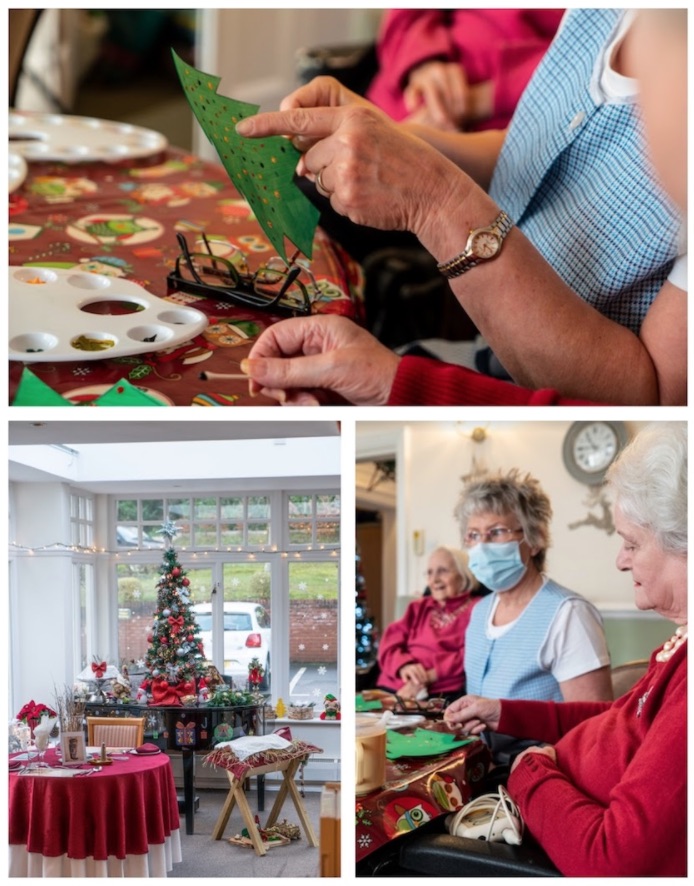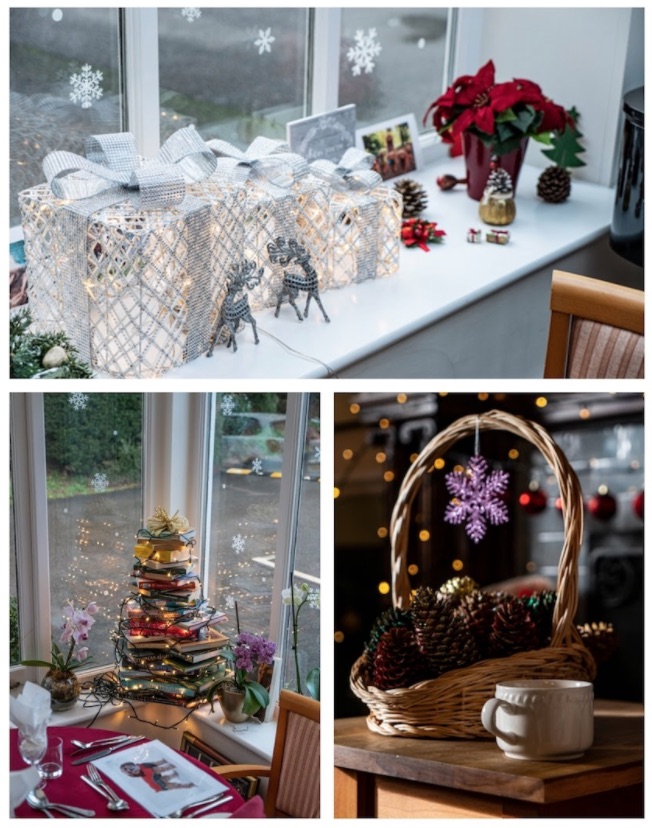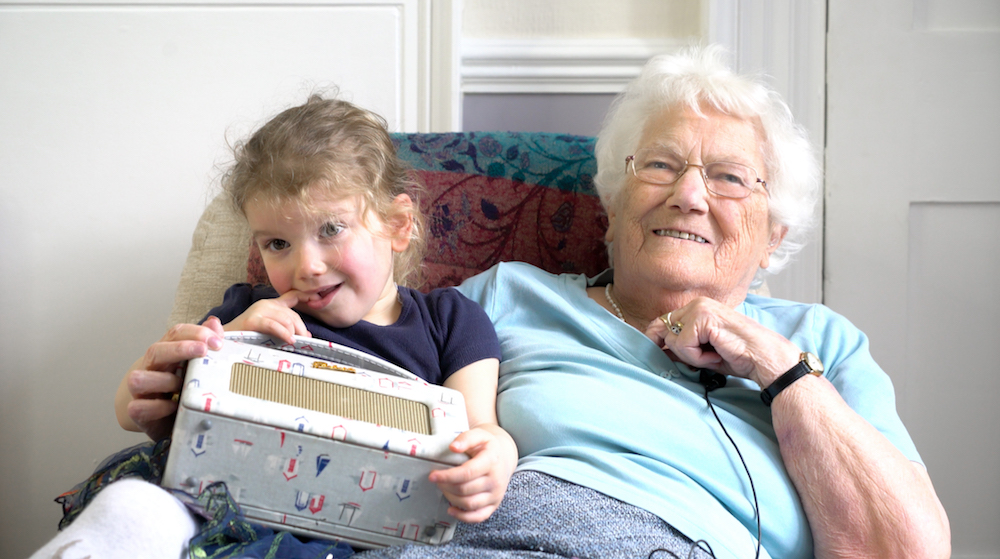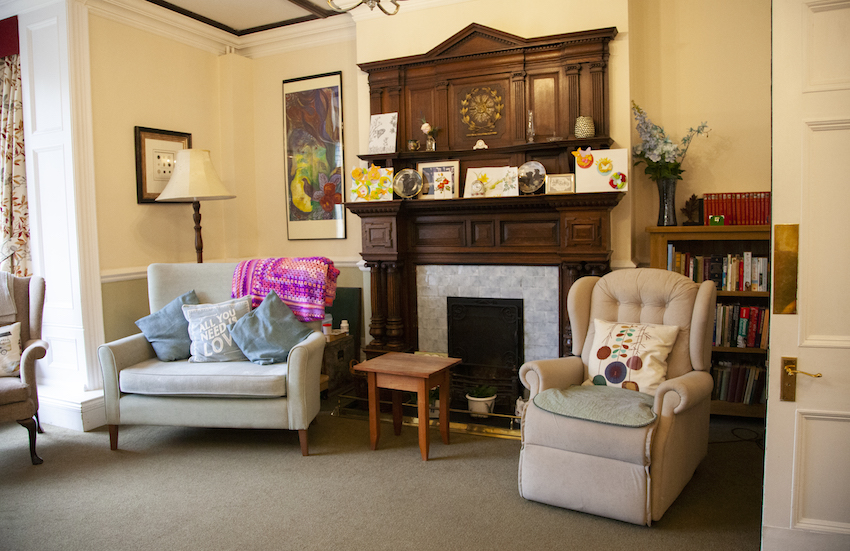This week, at our family-centred care home in Surrey, we’re thrilled to unveil our brand new road signs!
Depicting dancing silhouettes of elderly individuals, our new signs aim to reimagine the perceptions of older people - and deliver a brand new view of dementia care.
At the estate, our aim is to enable and to deliver freedom - and we love how our new signs show that age is no barrier to a joyful life.
Our Family-Centred Care Home in Surrey: The Inspiration Behind Our New Signs
Our sign designs were inspired by the winning entry of a competition hosted by Centre for Ageing Better, which saw SwaG Design recreate the crossing sign with energy enthused older people. Running with the theme, we’ve opted for people dancing together to emphasise the energetic, jubilant lives enjoyed by many of those living on our estate.
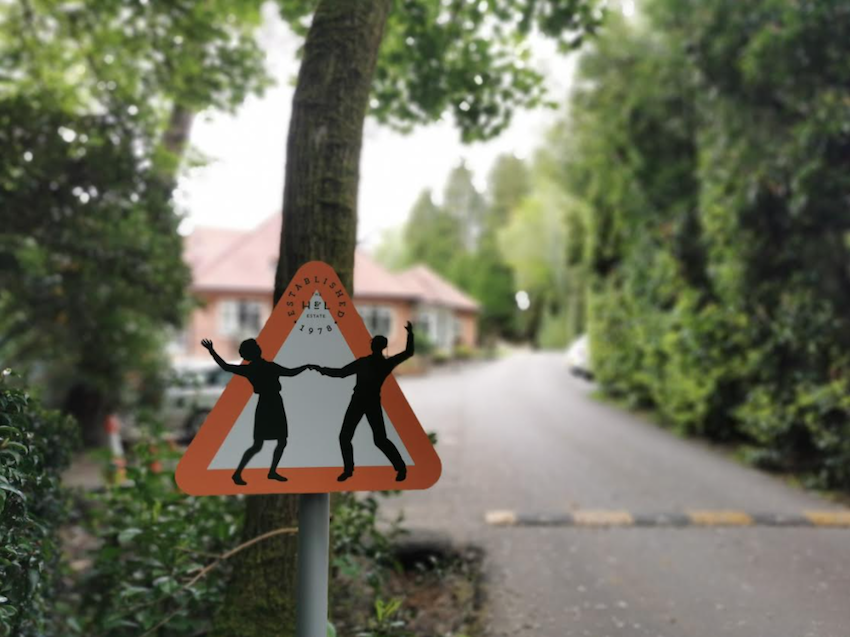
Charlie, our director, said: “Older people are all too easily pigeonholed as being frail, slow-moving and often simply weary of life. The truth is though that’s far from the case. In fact, if you had driven down our drive last week, you would have had to be mindful of dozens of people dancing in our car park during a lively outdoor concert. There’s no such thing as being over the hill when you have so much life left to live and we wanted to emphasise that.”
He continued: “We loved the sign examples that won the Centre for Ageing Better’s competition and wanted to pay tribute with our own versions here on our private road. They’re amongst the first things people see when travelling up our drive and we like to think it sets the tone for the rest of their visit, or indeed their residency, should they choose to live with us.”

At our family-centred care home in Surrey, we’re all about creating a home-from-home for our residents. When it comes to our clinical handwashing signs, for example, we’ve adapted them to look like a picture in a frame, with the handwashing instructions bordering a black and white image from an old movie. This helps to take the clinical edge off the signs, whilst still conveying the necessary instructions.
Charlie added: “When you take a step back and reflect on your approach to care it helps to open up your mind to ways of adapting all sorts of things. It would be easy to simply take health and safety signs, print them out and put them up, thereby ticking the necessary boxes. The truth is though, whilst necessary in a care setting, people don’t have health and safety signs scattered around their homes under normal circumstances. By doing this, we look to ensure we deliver safe care but in a way that enhances a space rather than detracts from it, helping to create a truly homely environment.”
We’re proud to be fully accredited as complying with The Butterfly Approach and Dragonfly Approach to care, which support those with dementia and non-dementia respectively, and seek to put the individual at the heart of care provision by creating a person-centred care culture.
The care models value emotional intelligence, domestic household living, and the core belief that everyone has a unique story that has meaning and matters. It is about putting the focus back on people and their emotions by helping carers access the interior world of the person they are caring for.
If you’d like to find out more about our family-centred care home in Surrey, don’t hesitate to get in touch with a member of our team.


